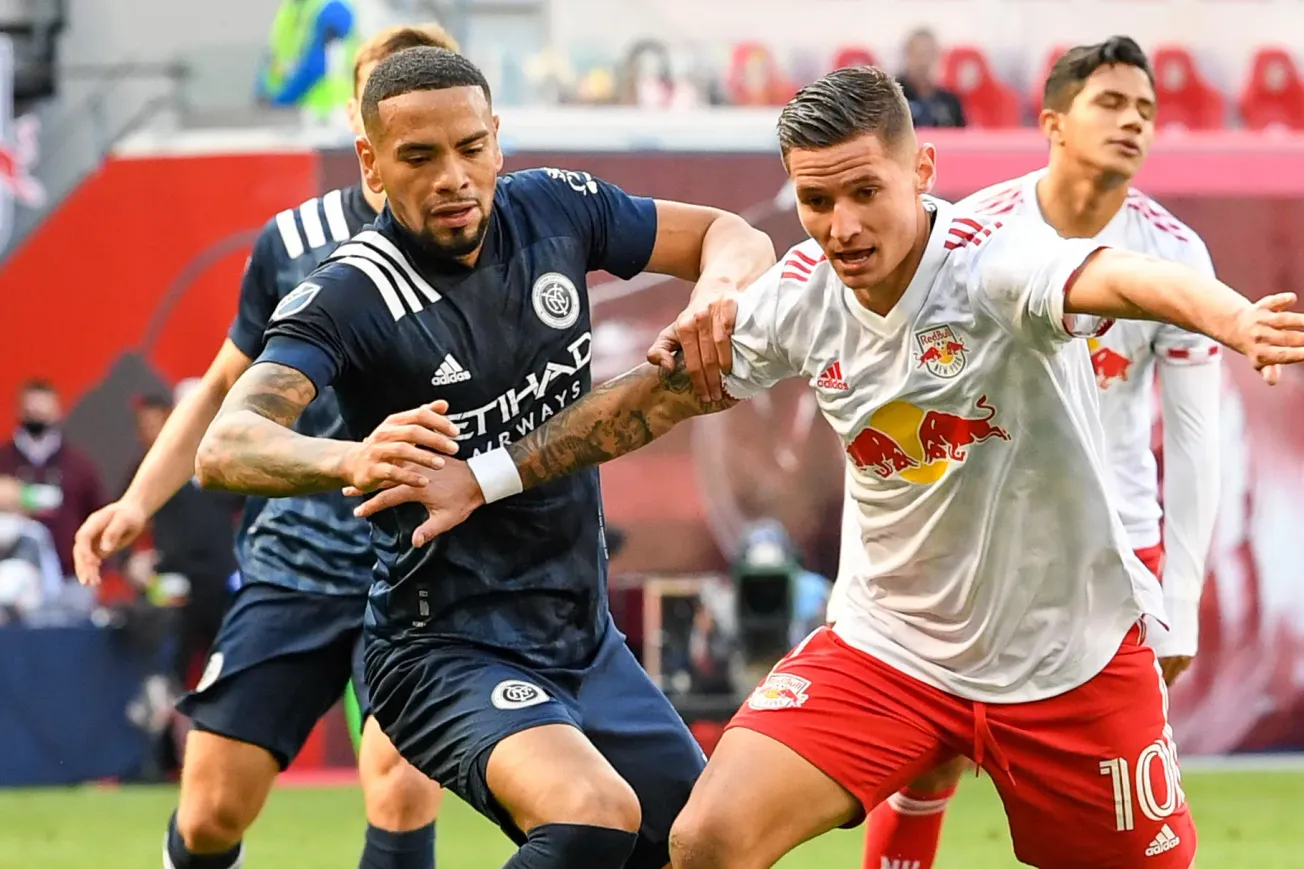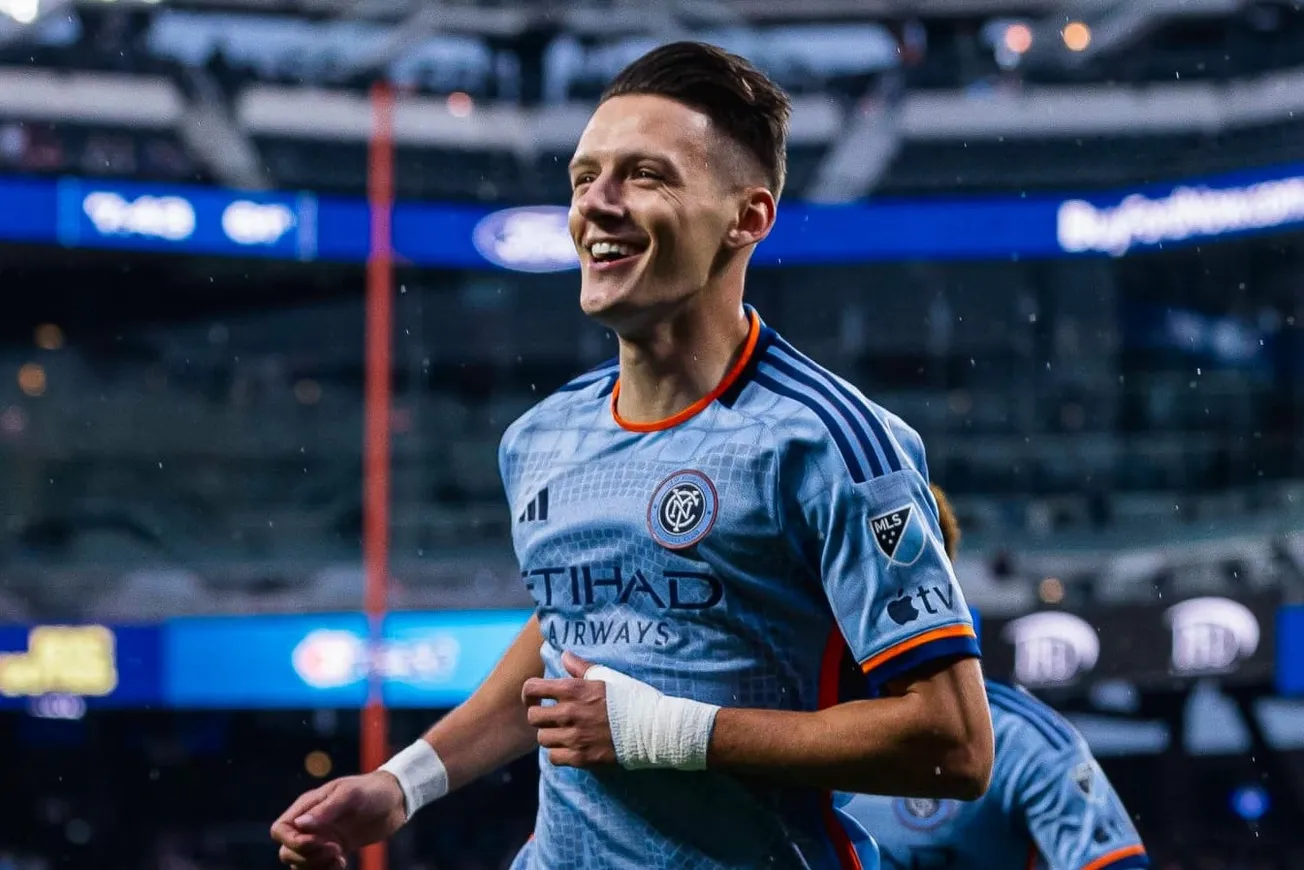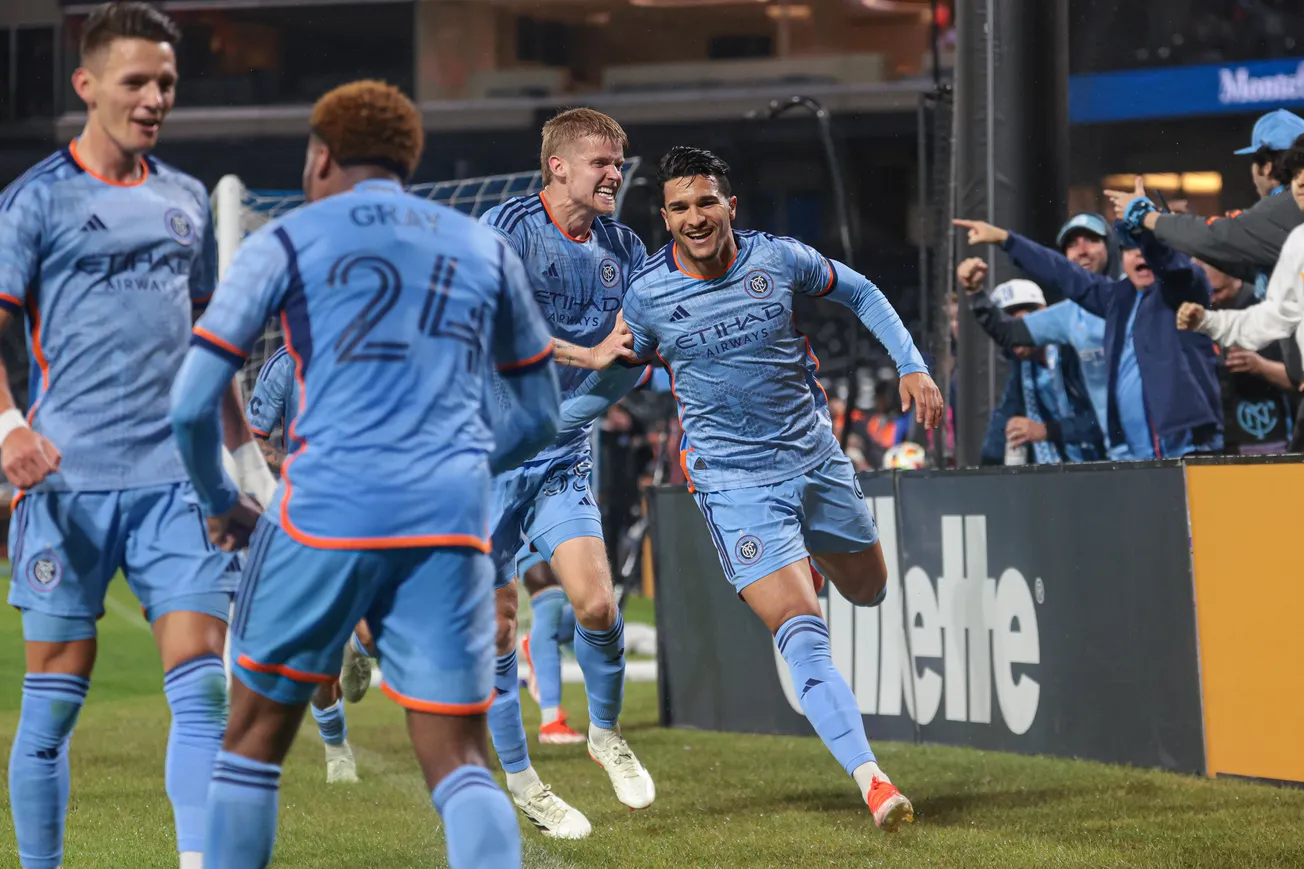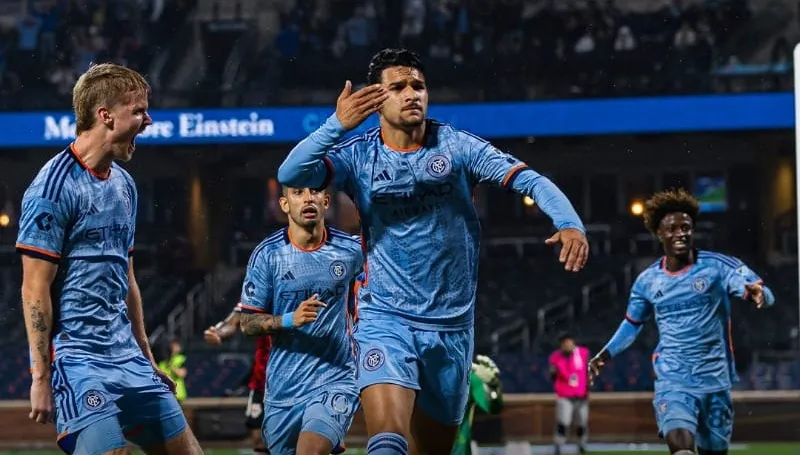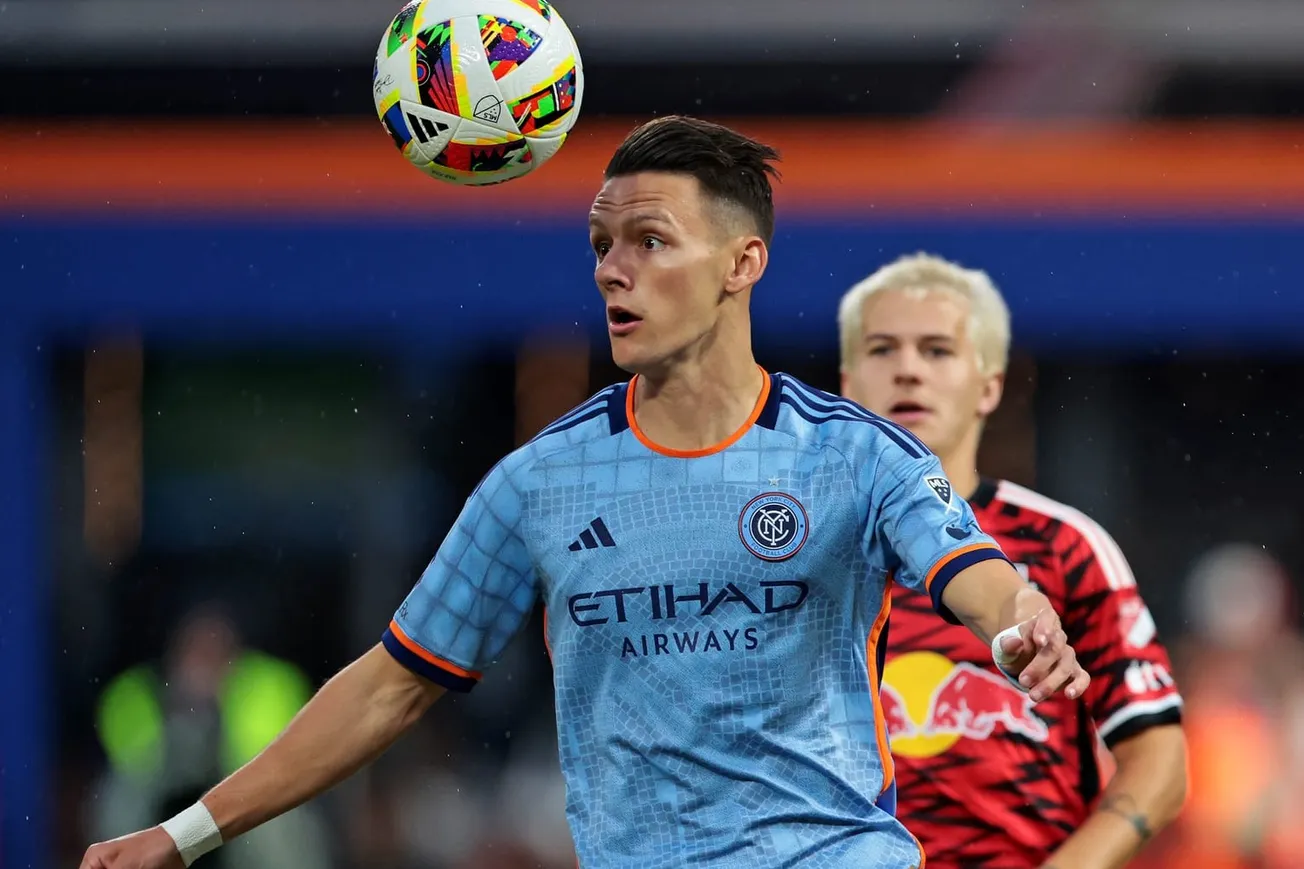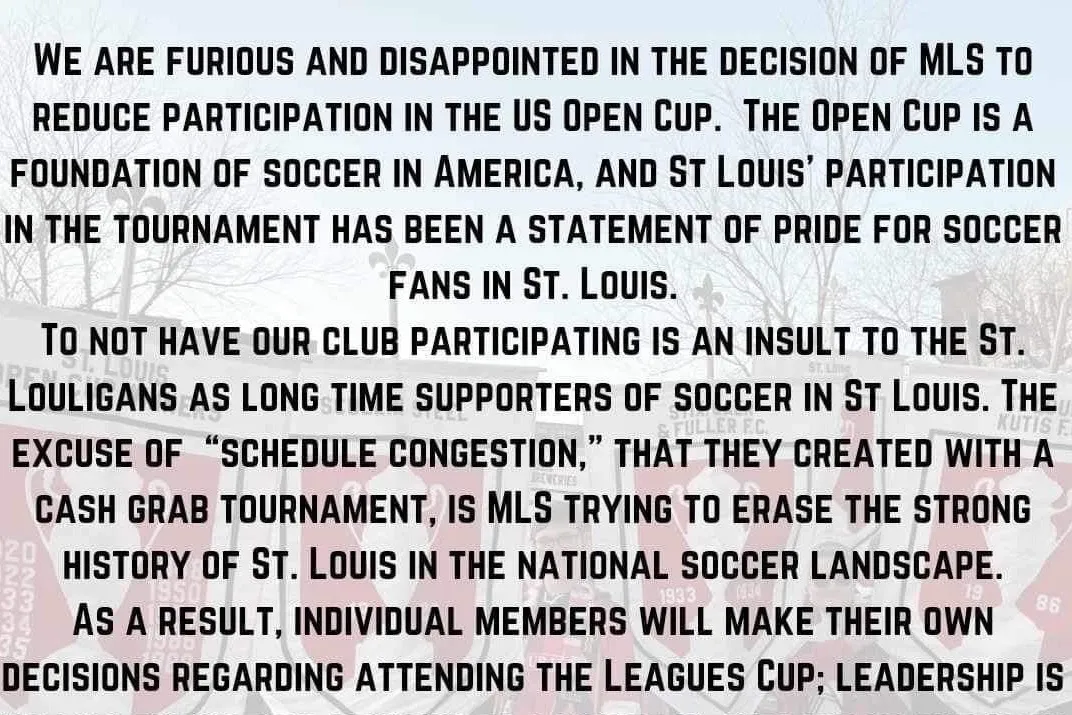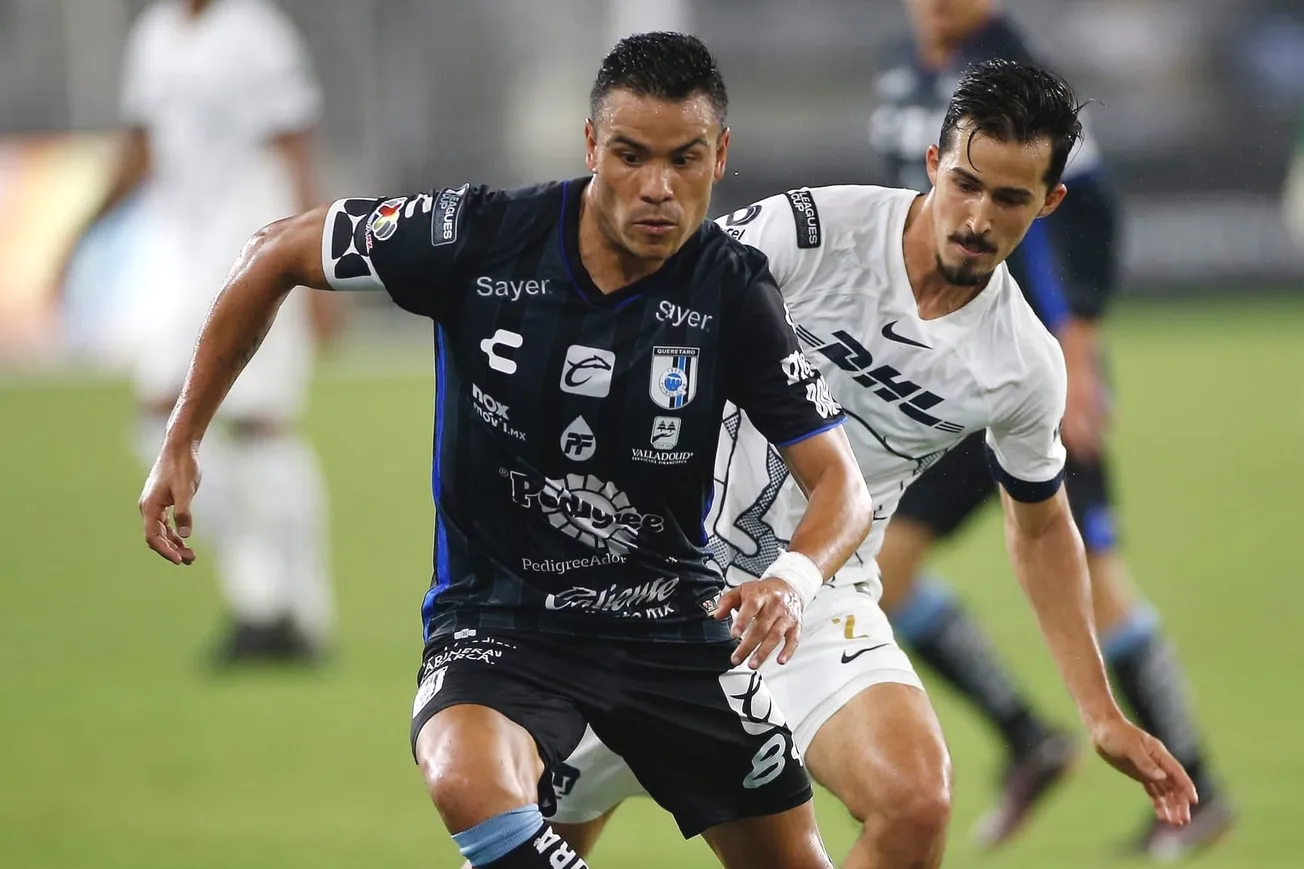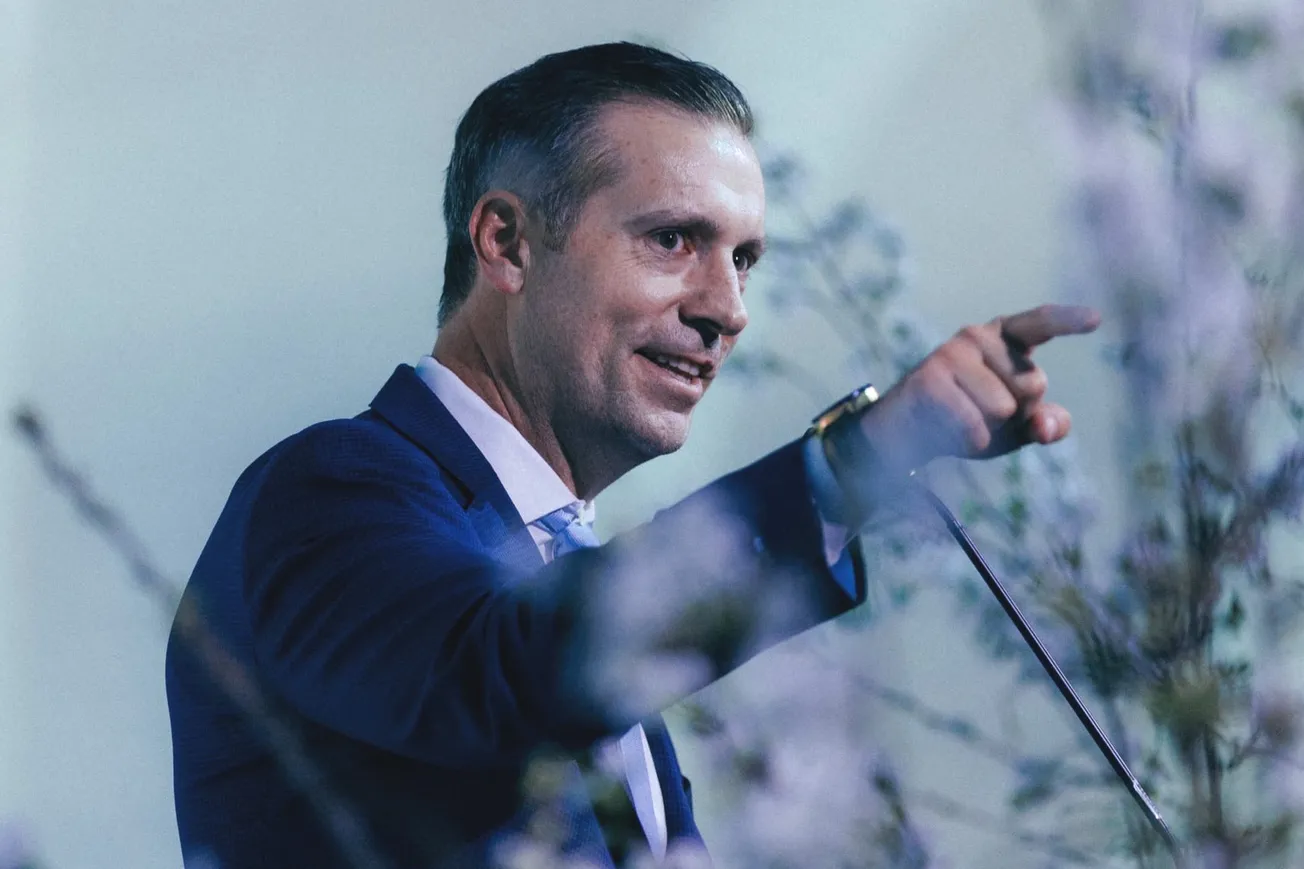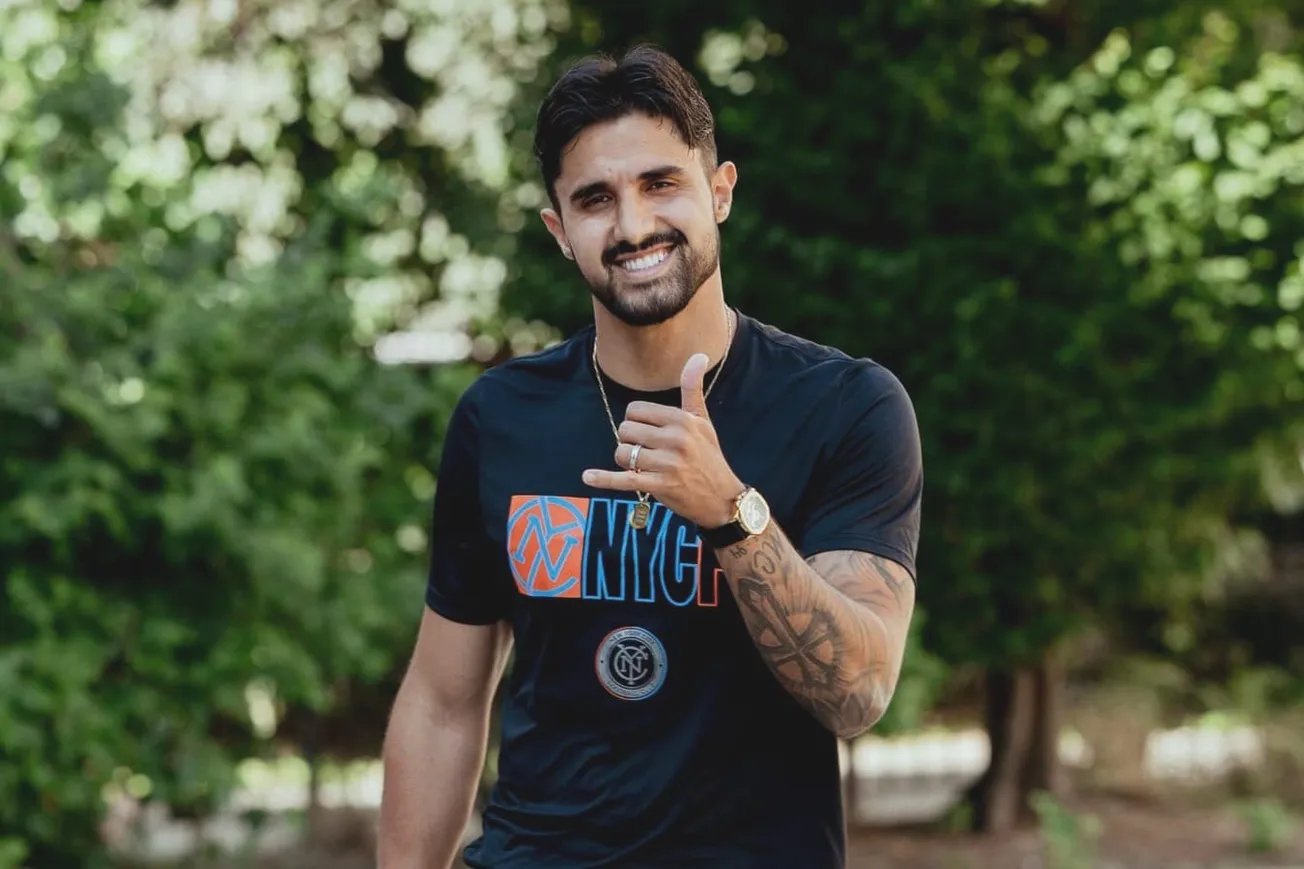As the inorganic, cringe-inducingly advertiser-driven spectacle of MLS Rivalry Week brought to you by Heineken marches on, the time feels right to create a highly subjective ranking of New York City FC’s fiercest rivals.
What makes a rival worthy of a spot in this top five? A history of heated on-field encounters with NYCFC when the stakes are high. The level of animosity that seems to exist between the two fanbases before, during, and after matches was also taken into consideration. Other factors like histories of regional rivalries in other sports also inform this ranking, at least a little bit.
I aim for this to be an of-the-moment, subject-to-change Power Ranking that reflects where things stand at this particular Rivalry Week. I also want to single out three clubs that fall outside the top five, but warrant honorable mentions: Atlanta United, who met NYCFC in the MLS Cup Playoffs twice and have always figured in entertaining head-to-heads while jockeying for position in the upper parts of the Eastern table; Columbus Crew, with whom there’s playoff history and an identical record (each club is 8-4-8 W-D-L) across 20 all-time meetings; and Western Conference wild card Nashville SC, who showed immediate promise as a rival prospect by playing two incredibly tense, tackle-and-card-filled matches with NYCFC in 2021 before being shifted off the regular schedule.
All that said, there isn’t much suspense at the top of this list. Since inception, NYCFC has been inexorably linked with one other club, and their place atop this ranking of Most Hated Rivals has only solidified over the years. Regardless, I can’t let that spoil the fun of running through what makes all these other clubs varying degrees of rivals to the Pigeons.
5. Orlando City SC
They’re NYC’s expansion season step-sibling, so the seeds for a rivalry were planted from the start. The fans in Orlando always seemed to care about it more than the fans in New York City, or the players. Orlando lacked a natural geographic MLS rival until Inter Miami came along, and Atlanta joined the league two years into the rivalry with NYCFC. The two teams played a handful of standout matches over their first few seasons, but headed in opposite directions: NYCFC a perennial playoff contender, and Orlando not qualifying for the postseason until 2020. The two squads faced off in those playoffs, and when that absurd game ended in NYCFC’s farcical shootout failure it sealed Orlando’s status as a rival. The shootout really had it all: Forced re-kicks, a keeper sent off, confusion around substitute rules, an outfield player making a crucial save, a premature celebration — it was pure, uncut chaos. It also encapsulated every frustrating aspect of NYCFC’s history of big-match failures to that point.
4. New England Revolution
A rivalry would exist here based solely on mutual New York-Boston distaste, but the Revs have solidified their rival bonafides of late. That’s largely thanks to the dramatic 2021 Eastern Conference Semifinals that saw NYCFC end New England’s Supporters Shield-winning season on penalties on their home field en route to their eventual MLS Cup triumph, a trophy the Revs have still never won despite being one of the founding clubs of MLS. The bad feelings intensified on the New England side of things this year, as NYCFC knocked them out of the US Open Cup in the Round of 16 in May, then more recently inspired their manager to loudly cry to the pressabout pretty much every aspect of their wild 4-2 loss at Yankee Stadium. New England’s fans would likely rank NYCFC much higher on their version of this list, even if they’ve got more of a rival-ish history with the Red Bulls.
3. Toronto FC
I consider Toronto to be NYCFC’s first organic rival. The matches between clubs are heated and usually entertaining, and there’s a painful playoff history between the clubs from the NYCFC perspective. Toronto’s first Italian star signing, Sebastian Giovinco, spent his years in MLS absolutely haunting NYCFC, producing a whopping 10 goals and three assists in 11 meetings. That included two hat tricks at Yankee Stadium, one coming during a 5-0 TFC humbling in the second leg of the 2016 Conference Semifinals in what was NYCFC’s first-ever home playoff match.
Toronto inflicted even deeper playoff pain in 2019, this time over in Queens at Citi Field. That single-elimination match saw NYCFC falter in heartbreaking last-second fashion, as an Alejandro Pozuelo brace, capped off with a stoppage-time Panenka penalty, ended what had been NYCFC’s best-ever regular season. Pozuelo successfully seized the title of Chief NYC Tormentor from Giovinco (seven goals, four assists in 10 matches vs. NYCFC), and individual brilliance from Toronto’s Designated Players have helped turn the Reds into a true boogeyman team for NYC. Here’s hoping that trend is finally broken with a certain new arrival from Serie A.
2. Philadelphia Union
Toronto would have comfortably held this spot up until the first week of December 2021. That was when a Covid-19 outbreak created roster chaos for the Union ahead of their Eastern Conference Final match with NYCFC. They played without five regular starters and 11 players total due to health and safety protocols, and lost in extra time. From there, things got extra petty and salty from the Union side of things. Manager Jim Curtin bizarrely lamented that asymptomatic Covid-positive players were not allowed to still compete.
He then went on to do some whining about NYCFC being funded by oil money (welcome to professional sports in the 2020s, Jim) and spending more on its roster than the Union, always a head-scratching complaint in a league with a salary cap and other restrictive roster rules. The feelings of resentment only intensified after a Winter of Doop-er Discontent. In their most recent meeting with NYCFC, a member of their training staff tried to act tough with Nicolas Acevedo on the field and got a red card, and midfielder José Martinéz bid farewell to the traveling NYCFC fans with a loving gesture of endearment we’re all very familiar with here in New York. The Union and their fans have chosen to direct all their animosity at NYCFC, so that has sent them racing towards the top of these rival rankings. Similar to the situation with New England, though, I think this is a case of an opponent and its fans being extra motivated to create a rivalry with NYCFC–less so from the NYCFC side of things, given that the club and its fans still have that shiny MLS Cup to admire.
1. New York Red Bulls
This is a rivalry that was destined to be heated from the moment NYCFC’s existence was confirmed. The Red Bulls and NYCFC are natural foils, with each club’s every accomplishment or setback ultimately viewed through the prism of what it means to the fans on the other side of the Hudson. Having a rivalry created via league expansion feels at first blush as inorganic as a “Rivalry Week” that sees NYCFC flying midweek to Texas to play FC Dallas, but the hatred between New York City and the Red Bulls is real: Each side’s fans lean hard into this rivalry, for better or sometimes worse, and the players match that intensity on the field.
The Red Bulls were dominant in the early days, hanging some humiliating scorelines on NYCFC while taunting their fans. The head-to-head record evened out for a while, but the Red Bulls once again have the advantage. That’s now been offset by NYCFC earning a serious bit of bragging rights when they hoisted the MLS Cup before their rivals in red, who have been futilely chasing the trophy since 1996. There’s always a sense of something dramatic happening when the two teams meet, and something dramatic frequently does end up happening, which is a calling card of any great rivalry. The Red Bulls will always be NYCFC’s most hated opponent.

